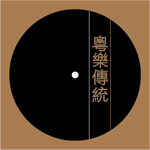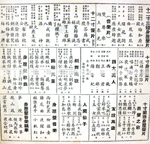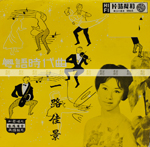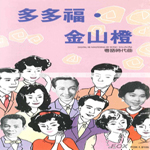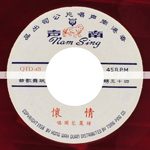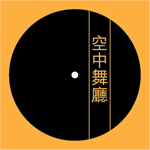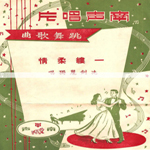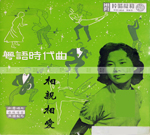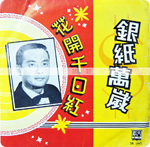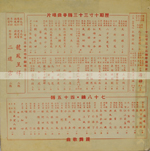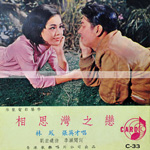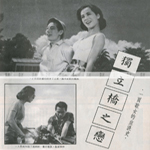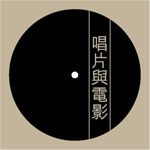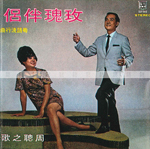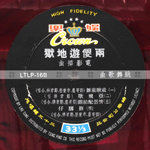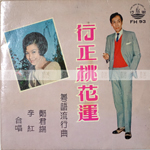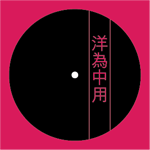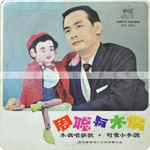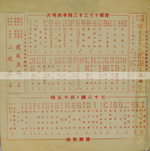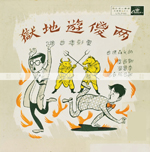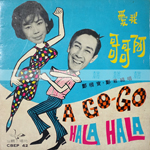In the time when Wong Jum-sum grew up, Cantonese pop music was but one of many kinds of music broadcast on radio. In a society where over 80% of the population spoke Cantonese, that came as a major surprise. Wong has a simple explanation for this. Cantonese pop grew out of traditional Cantonese music, but it could not build on the popularity of the latter in the face of severe competition. Compared to Western or Mandarin pop, it lagged behind in the areas of composition, lyrics, singing, accompaniment, recording, distribution, and marketing. Its competitors had a head start in talents, organization, and technology that took Cantonese pop more than a decade to come close.
Not everyone agrees with Wong’s diagnosis. Other scholars argue Canto pop, even in such early days, had a unique vibrancy that came from a healthy disregard of the boundaries among different traditions and genres, be they local or foreign. Early Canto pop laid a solid foundation for modern Canto pop, which went on to dominate not only Hong Kong but most Chinese communities around the world.
The story of Cantonese pop awaits careful re-writing.
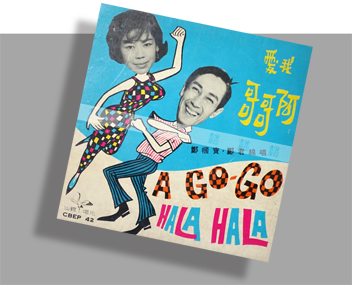

作曲:Jule Styne
作詞:胡文森
主唱:鄧寄塵、鄭碧影、李寶瑩
鄭:飛哥跌落坑渠 飛女睇見流淚
李:似醬鴨臭腥攻鼻
飛女夾硬扶住佢
鄧:飛哥跌落坑渠 飛女心痛流淚
李:臭夾壓個啲滋味
飛女索著唔順氣
鄭:索野索著「亞檬尼」
鄧:跳舞好似隻蟚蜞
李:應該跌落坑渠
百厭終歸會跌跛
鄧:猛咁跳盞仆崩鼻
鄭:一交撻直唔順氣
合:蠄渠氣 難下氣 難下氣
鄭:索野索著「亞檬尼」
鄧:跳舞好似隻蟚蜞
李:應該跌落坑渠
百厭終歸會跌跛
鄧:猛咁跳盞仆崩鼻
鄭:一交撻直唔順氣
合:蠄渠氣 難下氣 難下氣
